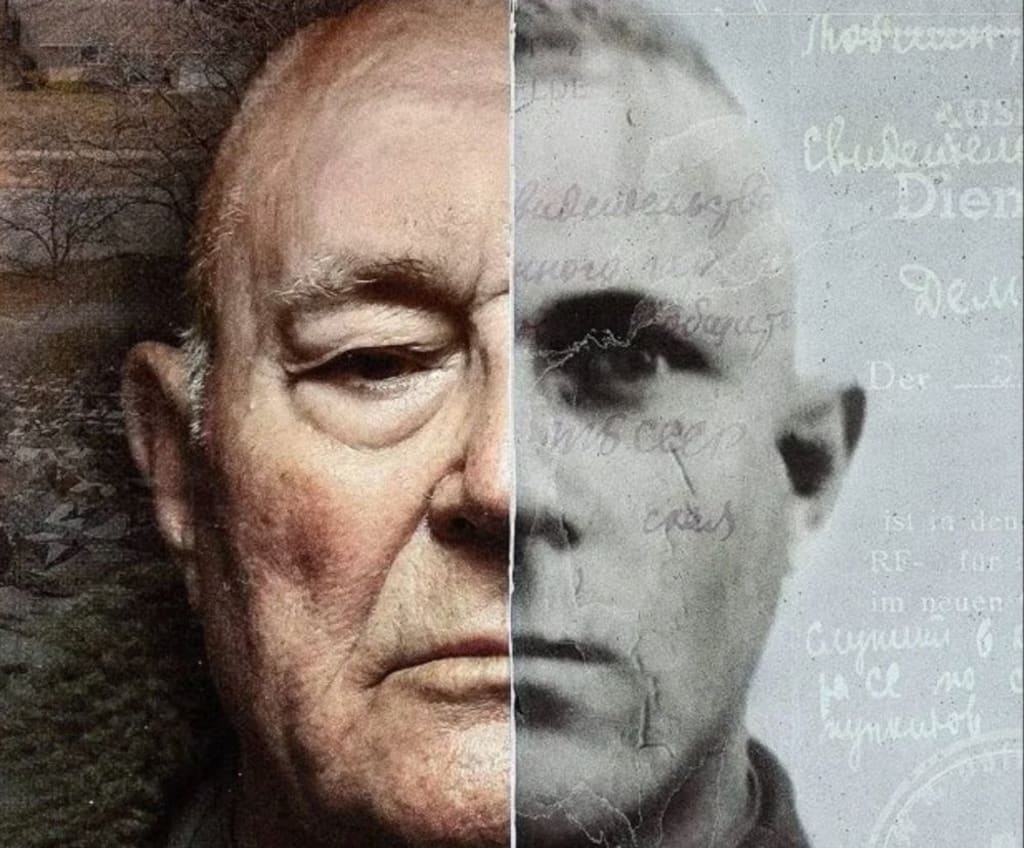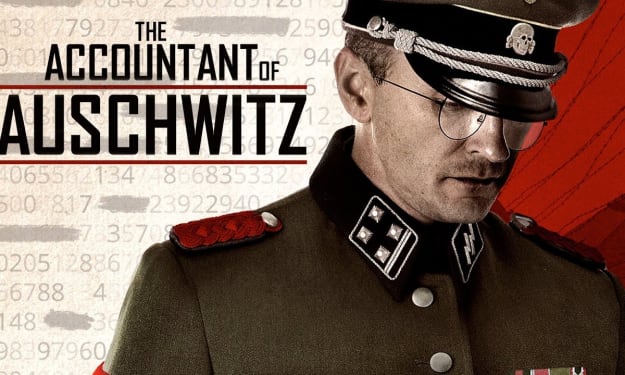A Filmmaker's Review: "The Devil Next Door" (2019, Netflix)
3/5 - It has its faults but is also a great study in Post-Modern Filmmaking...

There were some aspects of this documentary that were better done than others. First and foremost we have the portrayal of information. Let us first go through what that information is. The information is simply this: a man who is now living in America after coming from Europe years before was once the ‘Ivan the Terrible’ at the Soribor Death Camp in Poland during the Second World War. This man ‘Ivan the Terrible’ was the one who took the most joy in sending the Jews to their deaths and was considered one of the scariest and harshest guards on site at the time. The suspect is taken to Jerusalem to face trial and is initially sentenced to death by hanging. But, when other pieces of information emerge, he is claimed to be not guilty and sent back to the USA. It is after a further point that he is considered to be a guard at the Treblinka Death Camp but not the ‘Ivan the Terrible’ they are looking for and he is arrested in America and put in prison with due course. During this time, he fakes disability and being too sick to face trial, a farce used by the Nazis during the Nuremberg trials in the 40s. However, he is still sentenced and we are left to make up our own minds about who he is after being given every piece of information about his past, his present and finally - his end.
Even though the information is extensive and we get to see a great amount of what goes on inside the court room, I would not say that the information is well organised. If we were to watch another documentary about a similar situation called “The Accountant of Auschwitz” - we will see that the information in that documentary is organised better. We start with all the historical context and work our way into the trial and everything getting underway. In “The Devil Next Door” we get fed various pieces of information on the historical context at different times which not only makes it look very matter-of-fact, but it also confuses the viewer to some extent. If we receive too many cuts between time and place, it can make the documentary seem jumbled even if the documentary itself is trying to be more post-modern with its structure. It is not very effective for its primary purpose.
The next thing about the documentary we focus on is the way in which we get opinion given to us. We get the opinion from various sources: lawyers who represented the sides, the USA officials who arrested him the second time, members of the Israeli public who were once prisoners in Soribor and Treblinka etc. All of these add up to the fact that we cannot assume his guilt or his innocence but we can definitely see that the documentary works on bias to tell us that even if he isn’t guilty - he’s guilty. This is only made known to reason at the end when we know that he isn’t ‘Ivan the Terrible’ but he was a guard at the death camps focused on not letting the Jewish People escape their torturous fate. The opinions are almost one after another and what we get is this overwhelming double sided bias. We have one side who state that he is innocent and another side that state that he is guilty. Whereas, in fact, he is partially guilty. His identity is not guilty but his work sure is. This is something that I don’t know whether is a fault or not but is can’t be good for all public viewing as some viewers would not only become conflicted too quickly to process the opinions but we would also get people who would not be able to understand the vital impact the opinions have on the conclusion to the case because of the way in which it is fed to them. I think it was just a bit quick and a bit jumbled.
As to conclude, it is a great documentary to study post-modern documentary work, but for viewing by the greater public, I find it would be difficult for many to access and understand because of the way it jumbles and presents its information as a chronology of the trial rather than a chronology of actual historical time to the present.
About the Creator
Annie Kapur
200K+ Reads on Vocal.
English Lecturer
🎓Literature & Writing (B.A)
🎓Film & Writing (M.A)
🎓Secondary English Education (PgDipEd) (QTS)
📍Birmingham, UK






Comments
There are no comments for this story
Be the first to respond and start the conversation.